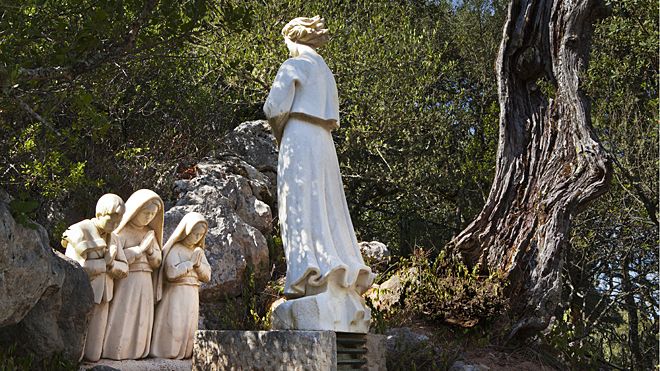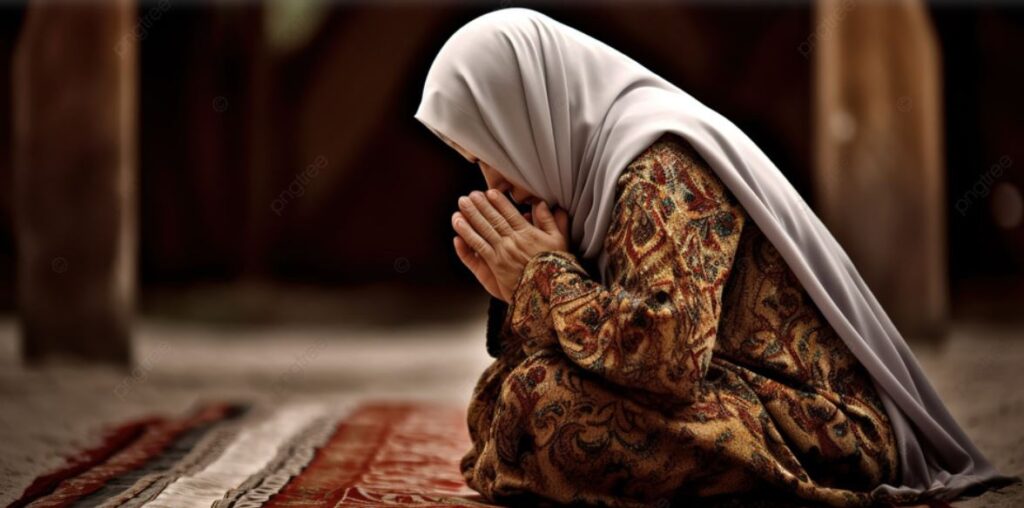|
Getting your Trinity Audio player ready...
|
“Today is a special day Emily. Maybe one of the most important days of your life.” I tried to conclude the clinical encounter. After giving her scientifically derived percentages of prognosis of her breast cancer and answering all her carefully jotted-down questions, I tried to end with a customary parting comment.
“It’s been almost a year since you found this lump in your armpit and look at how it changed your entire life. Everything changed. It changed how you think; what you do; how you look at life now. How you have beaten this cancer but are still scared. How you are physically weaker but so much mentally stronger now. You went through a year of surgeries, chemotherapy and radiation and finally today is your last treatment.” I added.
“I want you to be happy today. Go please celebrate with your friends and family. But that is the easy part. I’m going to ask you to do something that will not come that easy unfortunately. I want you to forget about your cancer. The cancer can indeed come back but you have done everything to reduce your chances of recurrence. Now it is going to play with your mind. Even more so than before.”
“Now you will have to live a life where you will often not be able to shake off this unwelcome thought of the cancer’s ability to come back any time. There will be moments when you will realize that the crook has invaded your mental space and is trying to break through all the defense mechanisms that you have built. At that moment I want you to identify this thought and then isolate it, roll it up into a ball and throw it right out of the window and move on with your happiness. I know, easier said than done, but that is a fight you will have to fight for the rest of your life.” I explained.
“Thanks for everything you have done for me.” Emily said. “But please tell me what else can I do so that this cancer doesn’t ever come back? Should I go on a specific diet?” She asked with intrigue.
This is a very common question that almost every cancer survivor asks. With my years of experience in clinical medicine, I had a well-rehearsed answer and had taught many medical students “how to counsel a cancer survivor.” Just like everything in medicine, such as defined algorithms of clinical management, the prognostic percentages in clinical trials, the lists of side effects and drug interactions, doctors are also trained at giving research based lifestyle recommendations to cancer survivors.
“Well there is no specific diet that you have to go on. You just try to eat healthy, exercise as much as you can, push yourself to the limit and stay away from the three toxins that majority of the humans are destroying their own bodies with; tobacco, alcohol and food. On top of that, my team and I will see you once a year and periodically order blood work and scans to make sure you are cancer-free. That’s it!” I outlined her surveillance plan.
At this point I felt that I had covered everything and that they should not have been left with any more questions to ask.
“And don’t forget the Prayer doctor.” Her husband interjected as Emily reached out for his hand and a tear rolled down her cheek.

“Yes of course!” I responded as my mind wandered to the NCCN guidelines that oncologists follow all over the world (put forth by the National Comprehensive Cancer Network, an organization composed of some of the most intelligent minds in the world currently trying to beat cancer.) I could not recall “Prayer” as part of a surveillance plan for any type of cancer.
I have prayed with my patients before. Being an immigrant and also born and raised into a different religion compared to that of most of my patients, it took me years to become somewhat comfortable engaging into a discourse with my patients about religion and spirituality.
“Who do you pray to? How will you pray?” I asked.
“We are Roman Catholic. We are actually flying to Portugal. Sort of a pilgrimage.” He replied.
I scoured my brain for any information related to the significance of Portugal in Christianity but couldn’t come up with anything owing to the paucity of knowledge about the history of Catholicism. I knew that Muslims go to Mecca and Jews go to Jerusalem for pilgrimage but other than the Vatican, I did not know of any other places that Christians go to for a major pilgrimage.
“What’s in Portugal?” I inquired.
“There is this little town just north of Lisbon. It’s called Fatima.” He said.
My confusion doubled. Here I was, born and raised a Muslim, talking to some very devout Christians hearing a name from them that was already all too familiar to me. There couldn’t be any other name more Muslim than Fatima. The daughter of Muhammad. The daughter of Khadija. The wife of Ali. The mother of Hassan and Hussain. Grandmother to the Shiite Imams. There is no other woman more central to the family of the Prophet than Fatima. Not only a person of reverence for any Muslim but also as endearing as a daughter, wife or a mother.

Fatima is deeply entwined into early Islamic history and revered by all muslims but specifically Shiites who consider her the mother of all the imams to a point that in some parts of the Shia world, her birthday is celebrated as “Mother’s Day.”
“That’s very interesting. Fatima is a very sacred name in Islam. What connection does Catholicism have with Fatima? Muhammad’s daughter?” I asked.
“You know what? I don’t know but I thought about that too. Next time I’m there, I will find out.” He responded.
“Yes, I would love to know. Tell me what you find out when I see you for your next visit. Enjoy your travels. And your prayers.” I said.
In this day of widely disseminated information, I did not need to or have the patience for waiting another six months for them to come back and give me the back story. I just opened another browser on my computer and typed in “Fatima” and all the information came up. This reminded me of my grandfather who used to get frustrated when he could not find the answer to a historical question that would pop up in the middle of conversation. He would try to look it up in one of the volumes of his Encyclopedia Britannica and often could not find the answer. He did not live to experience the magic and miracle of the phenomenon called “internet.”
As I browsed through several different websites, I came to find out that this is actually a love story!
This is a tale from the eighth century. In the year 711CE the Iberian Peninsula that includes Spain and Portugal was conquered by Muslim invaders who came across the strait of Gibraltar. One famous Arab conqueror was Tariq Bin Ziyad who famously had all his ships burnt after his army crossed so that they did not have retreat as an option.
Over the next few centuries there were ongoing battles between Christians and Muslims until eventually the land was recaptured by Christians.
During one of these battles, a Christian Knight by the name of Don Gonçalo Hermingues captured the daughter of a Muslim Prince whose name was Fatima. They both fell in love and she converted to Christianity. Her name was changed to Oureana after which the village of Ourem was named. Tragically, only a few months after getting married, Fatima died and Don Goncalo was heartbroken. He devoted the rest of his life to prayer and moved to the nearby mountains. He buried Fatima in the mountains and this town started being called Fatima, a tribute to her Muslim name.
More than a thousand years later, in 1917, three children from the village started saying that they were seeing the vision of Mary dressed in a white dress and shining with a bright light. The word got around and people started believing them. They could even predict when the apparitions of Mary would happen. This led to an event when some 30,000 local people congregated based on a prophecy, on a specific date and reported the Sun to emit specific ways of lights called The Miracle of the Sun.

They built a temple at this site and called it “Our Lady of Fatima.” The Roman Catholic Church later legitimized the account of the local people and designated the story “worthy of belief” resulting in about 6 to 8 million annual pilgrims to the shrine today.
I found this story to be such a fascinating link between the two matriarchal figures of both the major religions of the contemporary world. As beautiful as I thought this tale was, I also wondered that as people will read this story, how they think about it will depict whether their hearts are filled more with love, or hate.
Some Muslims will take this story not worthy of retelling because they would condemn the Moorish princess Fatima for apostasy. Some Christians would use this story as a victory of sorts over Islam for a Muslim woman to have converted to Christianity.
But those Christians and Muslims who will have love in their heart, which I hope will be most of them, will take this story and retell it as a beautiful bridge between the two Abrahamic monotheistic faiths.
When Emily and her husband return for their next clinic visit, I will be ready to tell them what I read and will be looking forward to hear what stories they have to tell.
April 5, 2024


Excellent work
Excellent Article. Very well written 👍👍👍
Our lady of Fatima holds a very special place in my life along with daily rosary it does keep away those scarey cancer thoughts and any depressing thoughts as I began to see changes in my body ….this article is beautiful and prayer is such a foundation for a closer relationship with God
Indeed!
Our lady of Fatima holds a very special place in my life along with daily rosary it does keep away those scarey cancer thoughts and any depressing thoughts as I began to see changes in my body ….this article is beautiful and prayer is such a foundation for a closer relationship with God